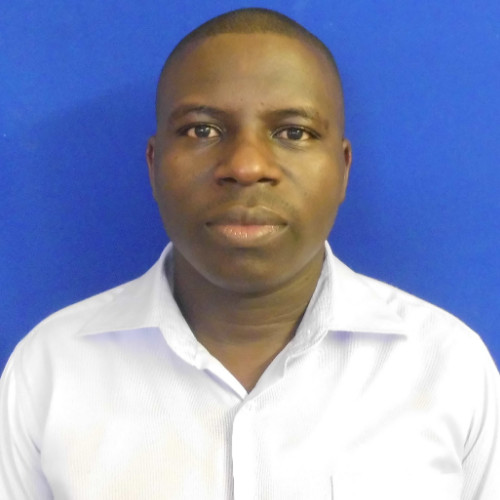The Theory of Transitional Target Defence: A New Approach to Enhancing Cyber Deception

Abstract:
There have been many different approaches to implementing deceptive devices, but it is the contention of this paper that fundamentally every incarnation suffers from the same issue: it remains a deceptive device. As the use of deceptive devices has increased, attackers have become more aware of the threat they pose and have become more adept at detecting deceptive devices. This paper presents a new approach to enhancing cyber deception called Transitional Target Defence (TTD). TTD does not present a deceptive device for an attacker to reconnoitre but rather allows interaction with targets until the exploitation phase. Once the hostile traffic is detected, the attacker is redirected to a deceptive device. The authors discuss the utility of this technique in this paper and the increased complexity of the psychological theatre that comes with it.
AUTHORS

Faculty of Science & Engineering Curtains University
Perth, Australia
School of Science Edith Cowan University
Perth, Australia
Brett R. Turner is a Lecturer for Edith Cowan University’s School of Science in the discipline of Computer and Security Science. Turner has spent almost two decades in industry with roles including Systems Programming, Project Management, Network Administration, and Systems Administration before transitioning over to academia. Turner is currently a Curtin Ph.D. student, with his work focused on the use of deception in protecting networks from intrusion. Turner is fascinated by the various applications of deception in a cyber landscape and his research comes against a backdrop of the Australian government’s 2030 cyber security strategy and will play an integral part in uplifting the cyber security of the nation.

Faculty of Science & Engineering Curtains University
Perth, Australia
Reza Ryan is the cybersecurity group lead at Curtin’s School of Electrical Engineering, Computing and Mathematical Sciences Reza. As such, he has made significant contributions to enhancing interdisciplinary cybersecurity research and teaching capabilities. Ryan has extensive experience collaborating with and providing consultancy services to relevant industries and has actively participated in many research and development projects alongside industry partners. He serves as the coordinator for both postgraduate and undergraduate cybersecurity courses and has supervised several research students. His research interests include cyber autonomy, log language processing, AI agent behaviours, and secure quantum systems. He is also interested in connected autonomous vehicles, health technology, critical infrastructure, cloud services, IoT, and robots— exploring their cybersecurity implications and developing effective solutions.

Faculty of Science & Engineering
Curtains University
Perth, Australia
Nickson M. Karie received a Ph.D. degree in computer science from the University of Pretoria, South Africa in 2016, majoring in digital forensics. He is currently a Senior Lecturer in Cybersecurity and Forensics at Curtin University, Perth, WA, Australia. He has more than 15 years of experience in academic teaching, research, and consultancy. His research interests include cybersecurity, digital forensics, intrusion detection and prevention, information and computer security architecture, network security and forensics, mobile device forensics, and cloud and IoT security. He is also actively engaged as an editor, author, and reviewer in several high-impact international conferences and journals.

School of Science
Edith Cowan University
Perth, Australia
Dr. Oliver Guidetti is a post-doctoral researcher specialising in the human factors of cyber security. He has an extensive background working on applied socio-technical projects that examine the interplay between the human brain and technology. His Ph.D. research focused on measuring and mitigating vigilance decrement in cyber network defence tasks. Guidetti has published numerous research papers on topics such as cyber vigilance tasks, the neuropsychology of network defence operators, human resource policy in relation to neurotechnology, and the effects of cognitive load on the performance of cyber first responders. Through his work, he hopes to contribute to the increasingly digital world's socio-technical security and resilience.
Published In
Journal of Information Warfare
The definitive publication for the best and latest research and analysis on information warfare, information operations, and cyber crime. Available in traditional hard copy or online.
Quick Links
Archive

